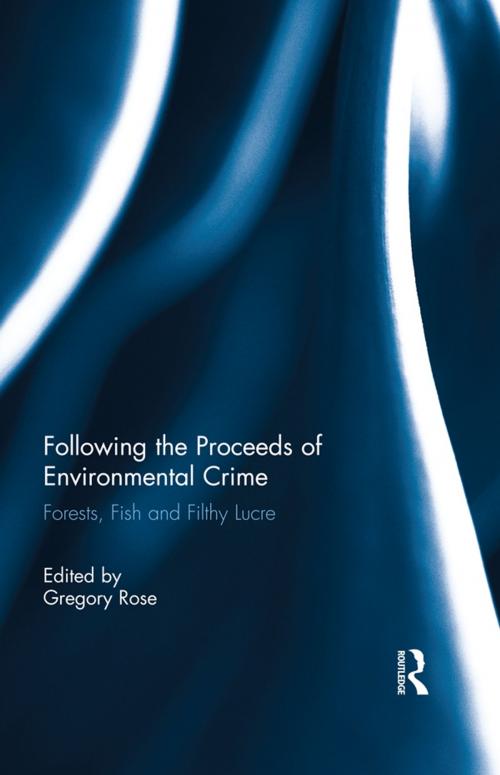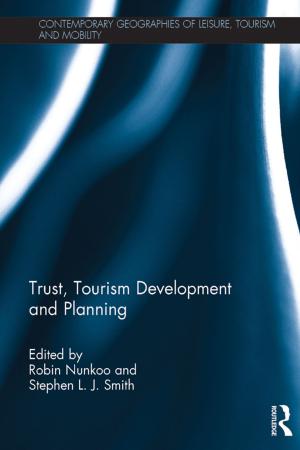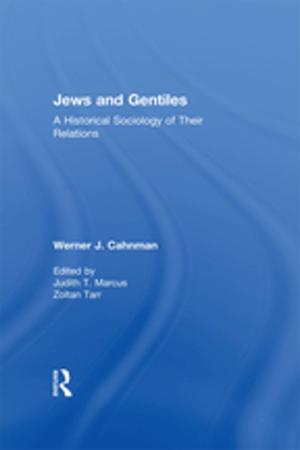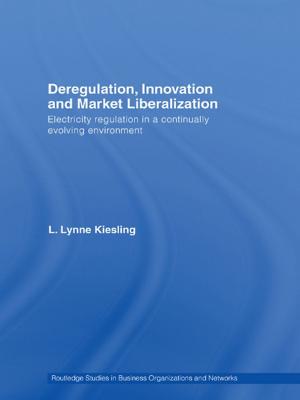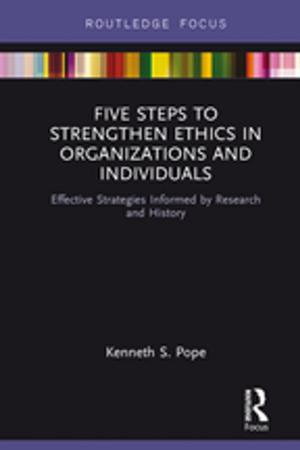Following the Proceeds of Environmental Crime
Fish, Forests and Filthy Lucre
Nonfiction, Reference & Language, Law, Environmental, Criminal law, Business & Finance, Industries & Professions, Industries| Author: | ISBN: | 9781134443055 | |
| Publisher: | Taylor and Francis | Publication: | June 27, 2014 |
| Imprint: | Routledge | Language: | English |
| Author: | |
| ISBN: | 9781134443055 |
| Publisher: | Taylor and Francis |
| Publication: | June 27, 2014 |
| Imprint: | Routledge |
| Language: | English |
Huge quantities of natural resources are illegally harvested and their proceeds laundered in the Asia-Pacific region, fostering corruption and undermining environmental governance. Most illegal exploitation and pollution occurs in countries with poor governance capacities, but much of the sale for profit and money laundering occurs in mature markets with well-developed governance capacities. Their asymmetrical enforcement capacities can complement each other.
This book explores ways to combat illegal fishing and logging in Asia-Pacific region by the use of cooperative legal measures, particularly anti-money laundering and confiscation of proceeds techniques. Contributors to this volume cover themes including: the nature of transnational environmental crime; patterns in laundering of illicit fish and forest products; networks for distribution of illicit products; weaknesses in current systems for assurance of the legality of products; and international legal cooperation to enforce anti-money laundering laws in relation to illicit products. In considering these topics the book explores how the innovative use of anti-money laundering measures and the seizure of criminal proceeds can as policy options to combat transnational fishery and forestry crimes.
The book will be of keen interest to scholars and students of environmental law and criminal law, and excellent use for practitioners in natural resources conservation law.
Huge quantities of natural resources are illegally harvested and their proceeds laundered in the Asia-Pacific region, fostering corruption and undermining environmental governance. Most illegal exploitation and pollution occurs in countries with poor governance capacities, but much of the sale for profit and money laundering occurs in mature markets with well-developed governance capacities. Their asymmetrical enforcement capacities can complement each other.
This book explores ways to combat illegal fishing and logging in Asia-Pacific region by the use of cooperative legal measures, particularly anti-money laundering and confiscation of proceeds techniques. Contributors to this volume cover themes including: the nature of transnational environmental crime; patterns in laundering of illicit fish and forest products; networks for distribution of illicit products; weaknesses in current systems for assurance of the legality of products; and international legal cooperation to enforce anti-money laundering laws in relation to illicit products. In considering these topics the book explores how the innovative use of anti-money laundering measures and the seizure of criminal proceeds can as policy options to combat transnational fishery and forestry crimes.
The book will be of keen interest to scholars and students of environmental law and criminal law, and excellent use for practitioners in natural resources conservation law.
